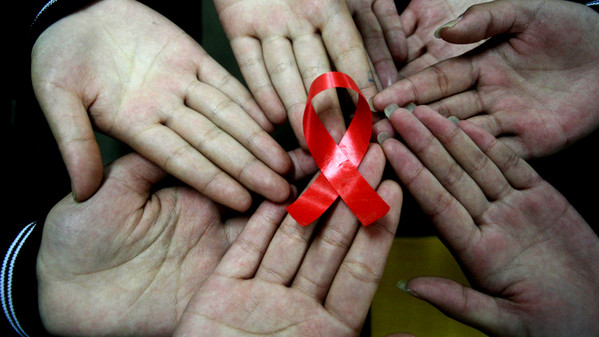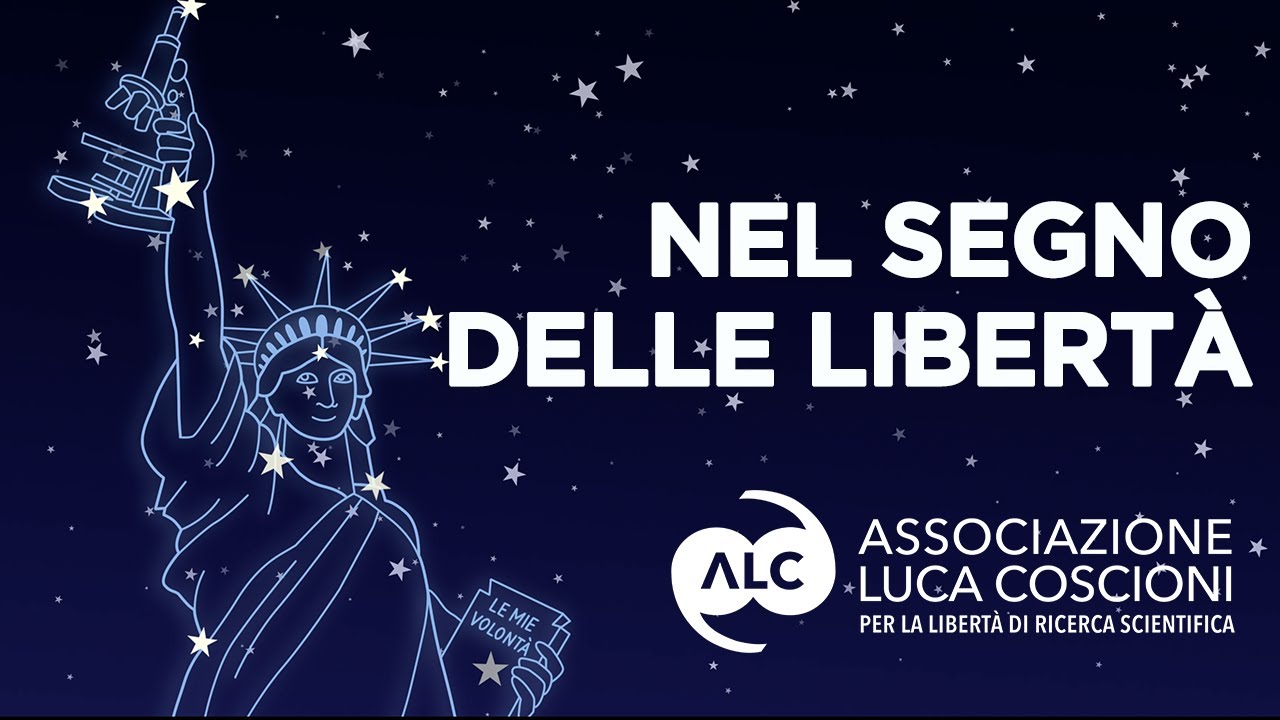News that researchers may have “functionally” cured a newborn baby from Mississippi of HIV makes this a good time to explain why a cure still matters when people tend to think living with HIV is no longer a death sentence. When efficient antiretroviral drugs were first developed in the mid-1990s there was understandable euphoria, because we could keep people with HIV alive. But hopes that such potent drugs would augur well for an eventual cure were dashed — HIV persists after years of uptake. Until very recently, we didn’t have the scientific knowhow to investigate the big barrier: so-called “Iatent reservoirs” where the virus hides in the body. But my colleagues and I are now all much more optimistic. Only this week researchers at the AIfred Hospital in Melbourne, led by Dr Sharon Lewin, said they had strengthened previous findings that a cancer drug, Vorinostat, can wake HIV in its hiding place, although this alone will not be enough to provide a cure. Let’s remember that this week’s case is not the first of a person being cured. In 2007 the “Berlin Patient”, Timothy Brown, provided what scientists call a “proof of concept” for a cure. He received a stem-cell bone marrow transplant from a donor with an extremely rare genetic feature associated with resistance to HIV. His leukaemia is now in remission and he is considered cured of Aids. But clearly this medically heavy and extremely costly approach could not be replicated and scaled up for other patients. But it is a big start and something we did not have a few years ago. The search for an HIV cure has never been straightforward. It may be, as some scientists suggest, that we find that different “functional cures” will fit different groups of people. But we need to keep trying. A cure matters because we cannot expect in tough economic times that the international community will automatically cough up the 50 billion needed to keep around 34 million people on antiretroviral therapy for the next 20 years. It matters because a lifetime on antiretrovirals has wearing and painful side-effects. It matters because Aids affects disproportionately marginalised groups — sex workers, men who have sex with men and people who inject drugs. Its burden falls unfairly on women and the poor. Finding an HIV cure matters because most people in the end want and expect us to be looking for one. We would regret never having tried to fulfil their expectations.
Francoise Barré-Sinoussi, director of the Regulation of Retroviral Infections Unit at the Institut Pasteur in Paris, won the 2008 Nobel Prize for Medicine

L’Associazione Luca Coscioni è una associazione no profit di promozione sociale. Tra le sue priorità vi sono l’affermazione delle libertà civili e i diritti umani, in particolare quello alla scienza, l’assistenza personale autogestita, l’abbattimento della barriere architettoniche, le scelte di fine vita, la legalizzazione dell’eutanasia, l’accesso ai cannabinoidi medici e il monitoraggio mondiale di leggi e politiche in materia di scienza e auto-determinazione.

